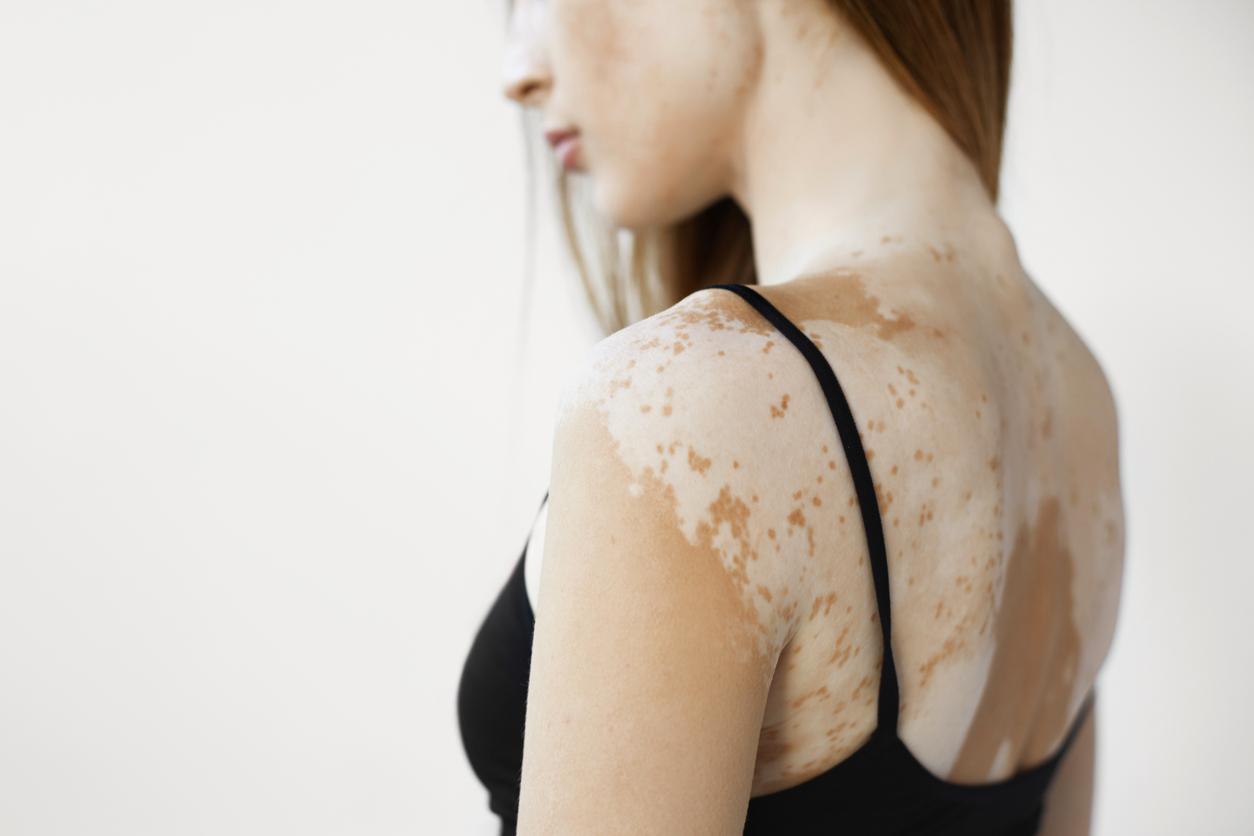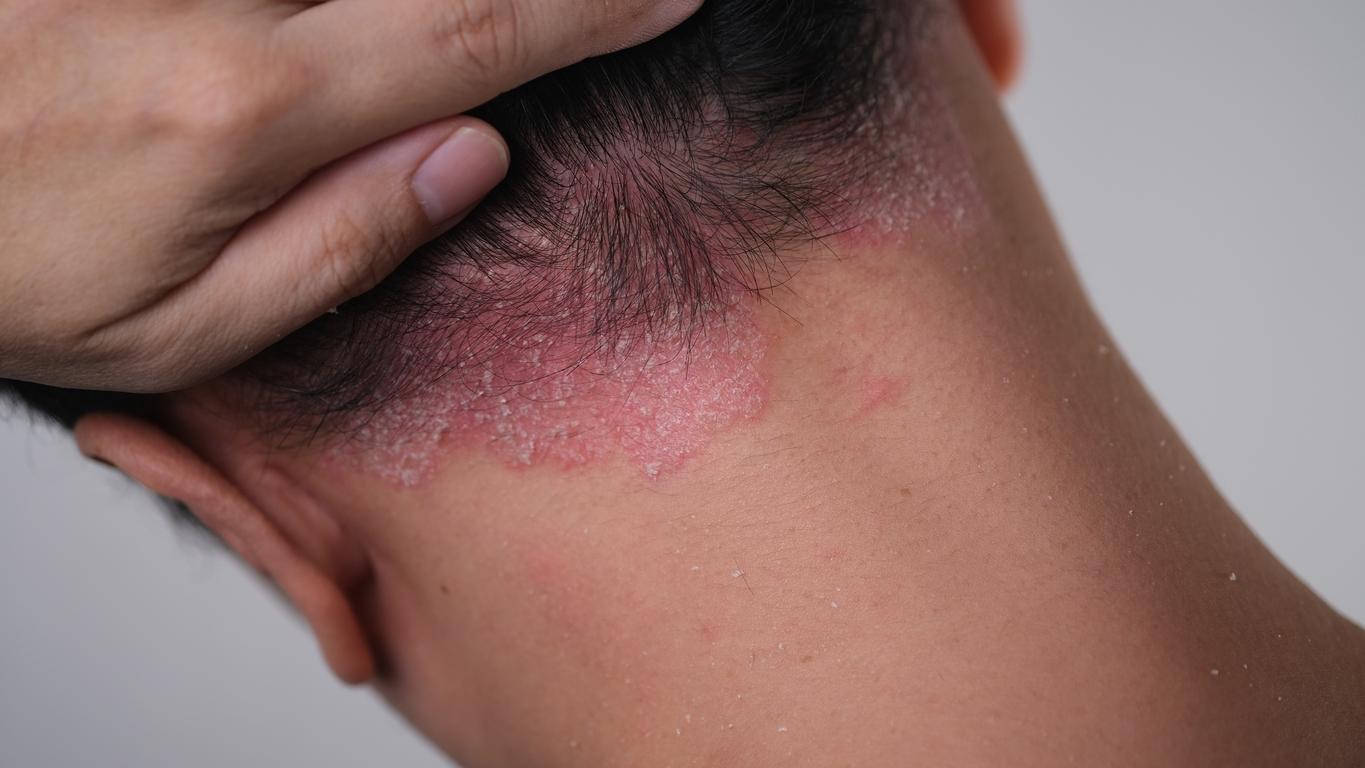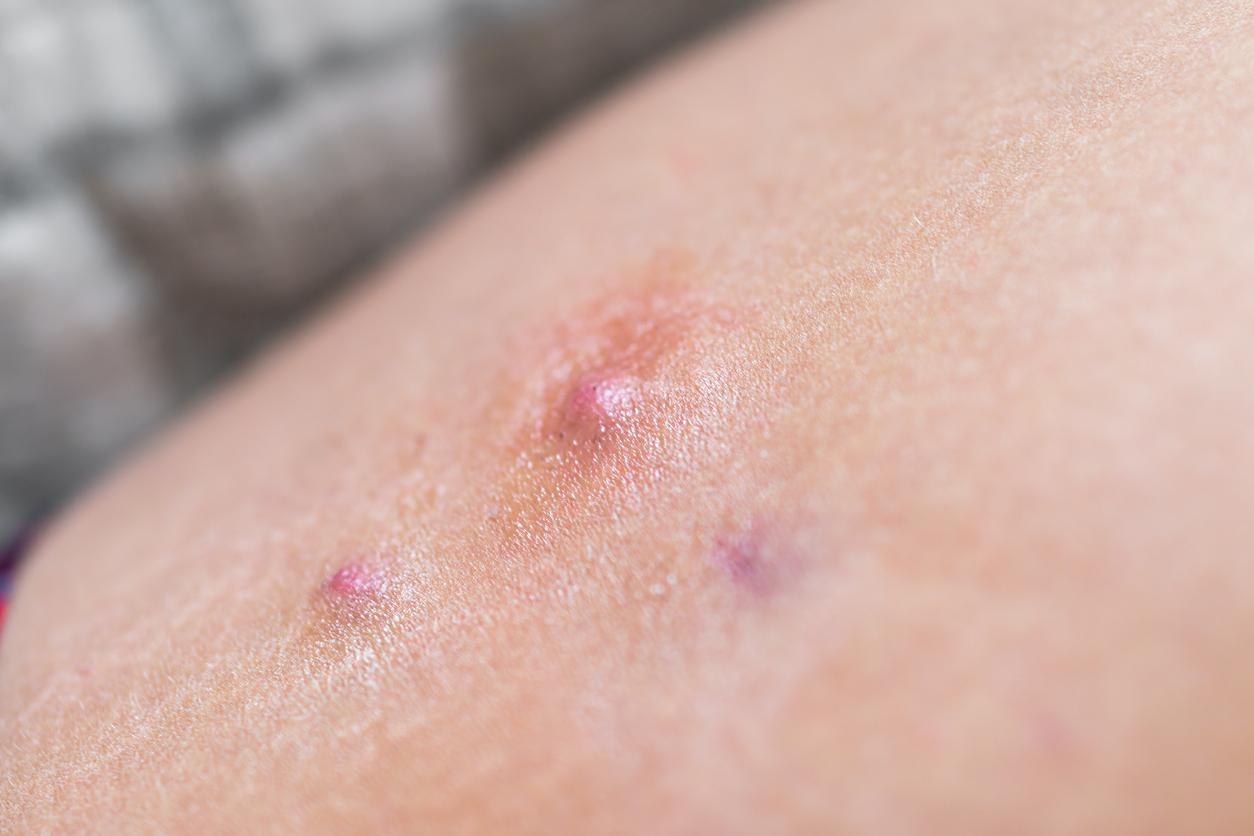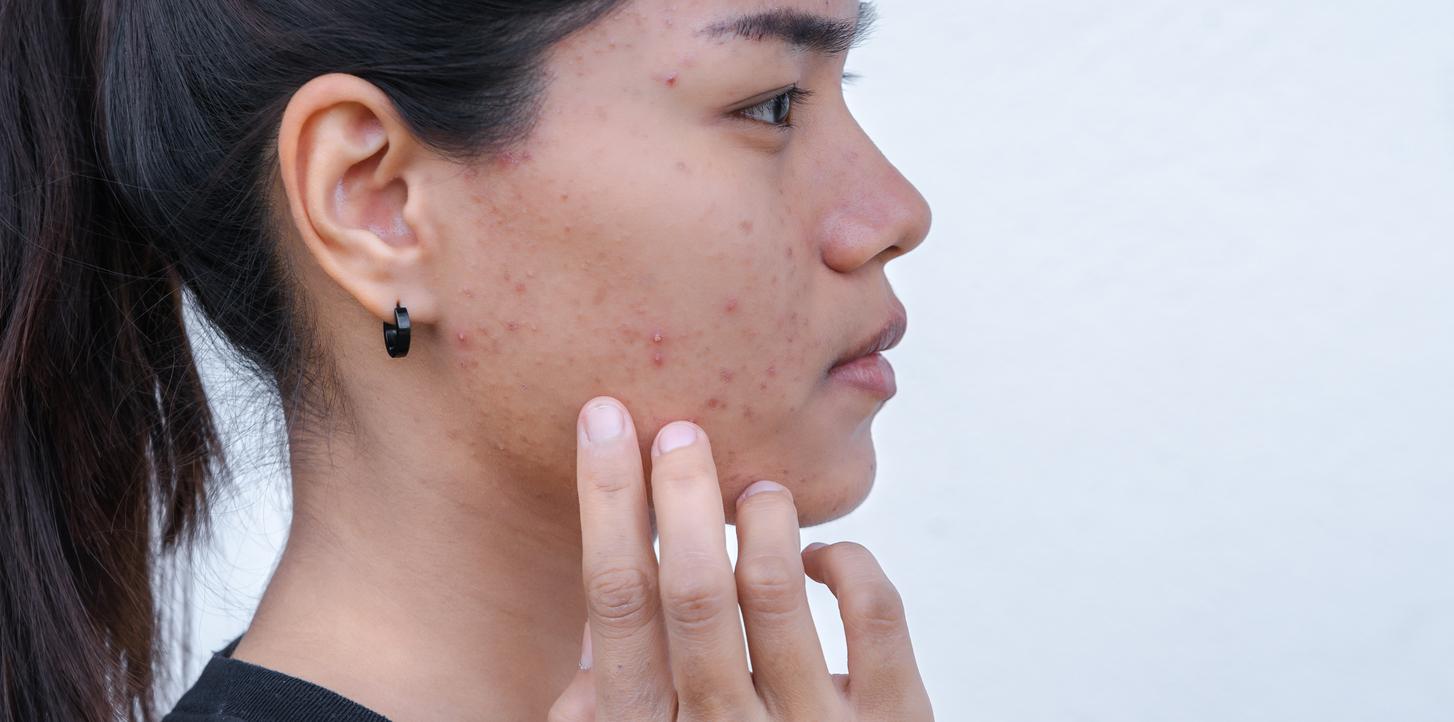Immunotherapy researchers have discovered new ways to eliminate immune cells that cause autoimmune skin diseases without affecting protective T cells.

- Conventional treatments for autoimmune skin diseases often impact all immune cells indiscriminately, meaning they can also wipe out our protective T cells.
- Through this study, researchers have discovered how to separate the skin’s “bad” T cells from the protective “good” cells, and thus specifically reshape the skin’s immune landscape.
- This would ultimately make it possible to develop “new drugs that sustainably prevent autoimmune skin diseases without compromising immune protection”.
Our skin is made up of specialized immune cells, called TRMs for resident memory T cells, which fight tissue infections and promote healing. But when not controlled properly, some of these cells can cause autoimmune skin diseases, such as psoriasis and vitiligo.
A new study, published in the journal Sciencenow suggests that it would be possible to better target problematic immune cells, and thus treat these skin diseases more effectively.
Distinguish between pathogenic and protective T cells of the skin
“Most autoimmune therapies treat the symptoms of the disease rather than addressing the cause, explains researcher Simone Park from the University of Melbourne (Australia), in a communicated. Conventional treatments often impact all immune cells indiscriminately, meaning they can also wipe out our protective T cells.”
In their experiments in animal models, the researchers discovered key differences in how different types of T cells in the skin are regulated. “Until now, we did not know how to separate the ‘bad’ T cells in the skin from the ‘good’ protective cells. Thanks to this research, we have discovered new molecules that allow us to selectively eliminate pathogenic T cells […] and thus reshape the skin’s immune landscape in a targeted manner.”

New avenues for treating autoimmune skin diseases?
While skin conditions like psoriasis and vitiligo often require lifelong treatment, this groundbreaking research offers hope for developing “new drugs that sustainably prevent autoimmune skin diseases without compromising immune protection”. Dr. Park now hopes to validate the effectiveness of these new strategies in human subjects.

















